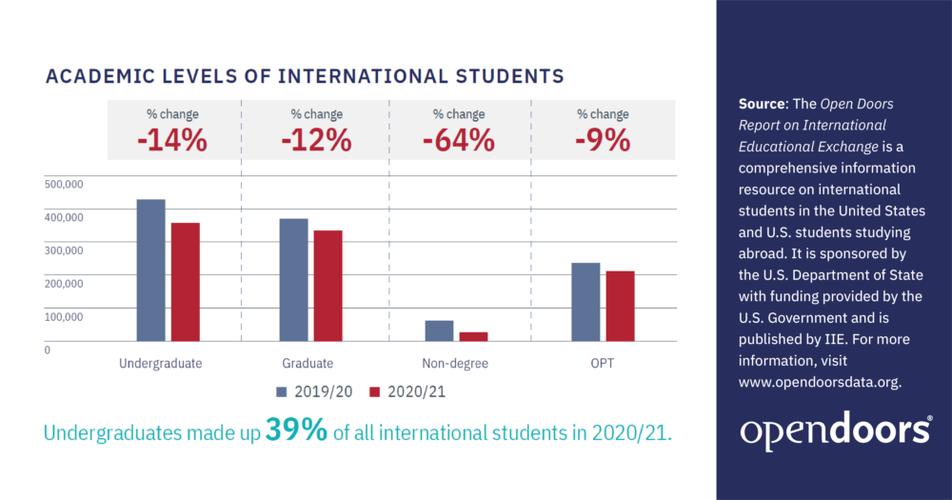1.CulturalAdjustment
Psychological Changes in American International Students
Studying abroad in the United States can be a life-changing experience for international students. It not only offers academic opportunities but also exposes students to a new culture, language, and way of life. As a result, international students often undergo various psychological changes during their time in the U.S. Here are some common trends in the psychological changes observed in American international students:
One of the most significant psychological changes that international students experience is cultural adjustment. Moving to a new country with different customs, traditions, and social norms can be challenging. Initially, students may feel overwhelmed, homesick, or even experience culture shock. However, as they gradually adapt to the new environment, they develop coping mechanisms and become more comfortable with the cultural differences.
Living in a foreign country often prompts international students to reflect on their own identity and values. They may question their beliefs, traditions, and perceptions as they interact with people from diverse backgrounds. This process of self-discovery can lead to personal growth and a better understanding of oneself.

For many international students, studying in the U.S. involves learning and improving their English language skills. Language barriers can initially cause communication difficulties and feelings of frustration. However, as students practice and immerse themselves in an English-speaking environment, they become more proficient in the language. This linguistic development can boost their confidence and facilitate better social interactions.
Being away from their home country and support system challenges international students to become more independent and self-reliant. They learn to navigate daily tasks, such as managing finances, cooking, and transportation, on their own. Overcoming obstacles and adapting to a new environment also fosters resilience and problem-solving skills in students.
Building social connections with peers, professors, and local community members is crucial for the well-being of international students. Developing a support network helps combat feelings of isolation and loneliness. Many students form friendships that last a lifetime and create a sense of belonging in their host country.
The academic rigor of American universities can be demanding for international students, especially when coupled with language barriers and cultural differences. Balancing coursework, exams, and extracurricular activities can lead to stress and anxiety. It is essential for students to seek support from academic advisors, counselors, or support groups to manage their academic responsibilities effectively.
Studying abroad often influences international students' career goals and aspirations. Exposure to new industries, job opportunities, and networking experiences can shape their professional trajectory. Many students consider staying in the U.S. for further studies or employment, while others plan to return to their home countries with a global perspective and enhanced skills.
- Engage in cultural exchange programs and activities to enhance cross-cultural understanding.
- Seek support from campus resources, such as counseling services and international student offices.
- Maintain a healthy work-life balance by participating in hobbies, sports, or social events.
- Stay connected with family and friends through regular communication and virtual platforms.
- Explore internship or job opportunities to gain practical experience and build professional networks.
Overall, the psychological changes that American international students undergo are part of a transformative journey that shapes their personal, academic, and professional growth. By embracing these changes and seeking support when needed, students can make the most of their study abroad experience and emerge as resilient, adaptable individuals.